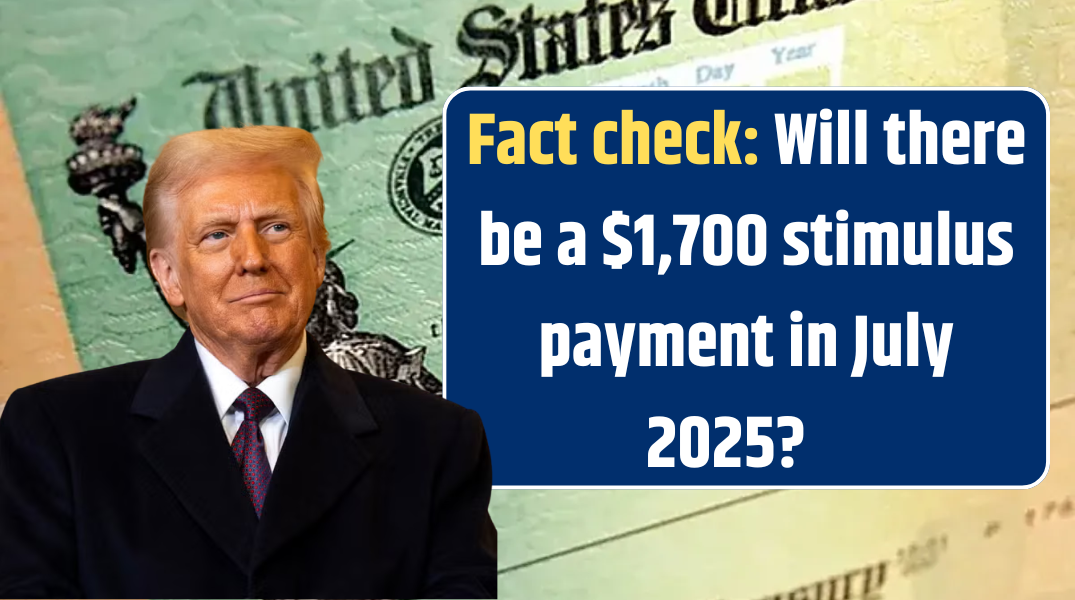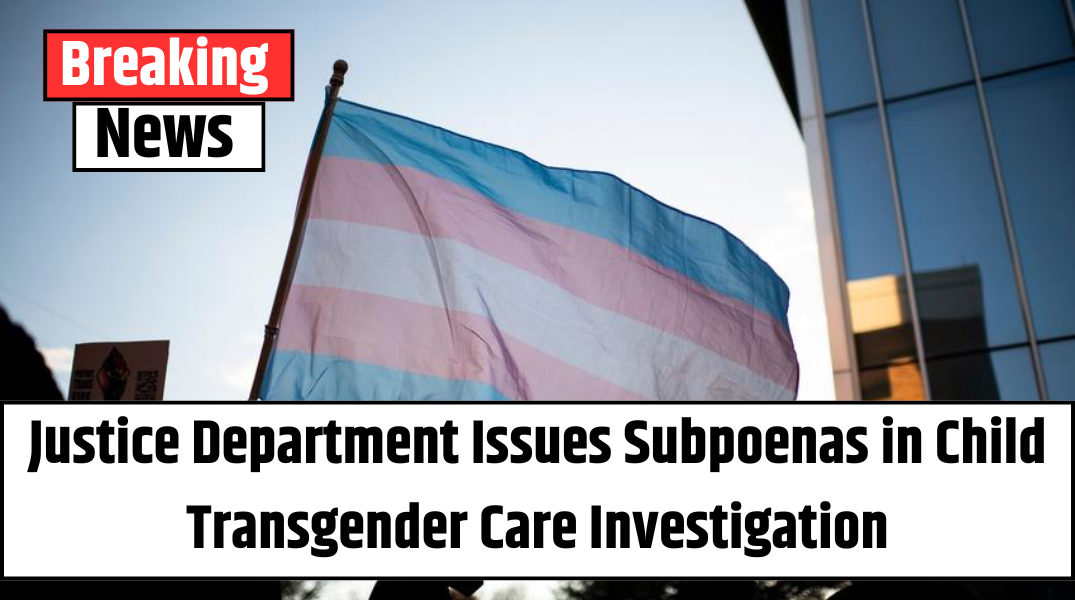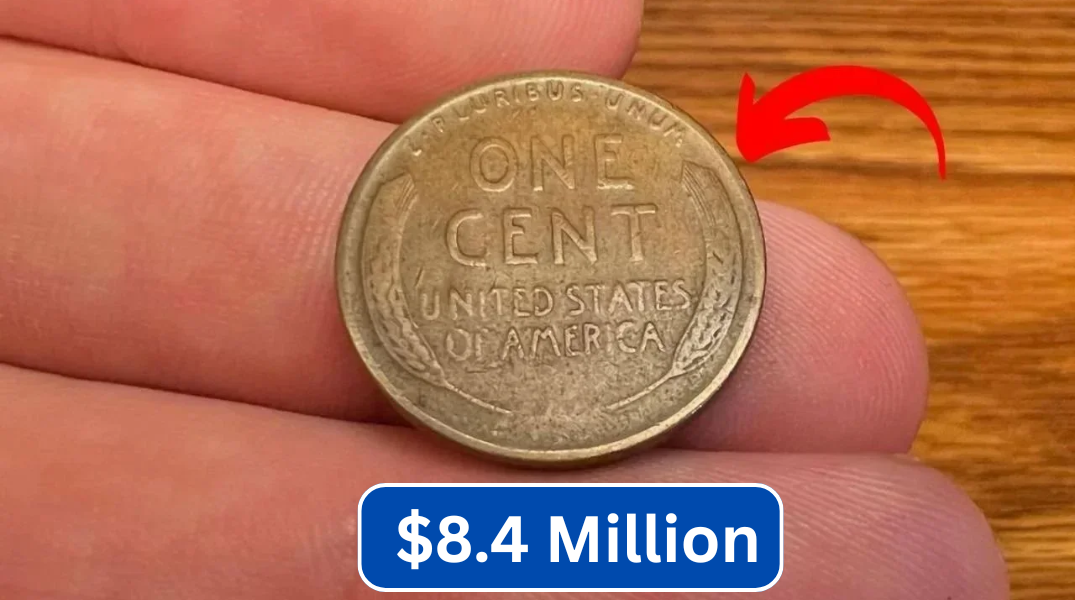Millions of Americans count on Social Security as a financial safety net—but starting July 2025, a new policy may shrink the checks of some recipients by up to half. That’s right: the Social Security Administration (SSA) is rolling out a change that could withhold up to 50% of monthly benefits for people who were previously overpaid.
This marks a sharp departure from the current standard, which caps withholdings at 10%, and it’s raising alarm among seniors and disability beneficiaries across the country.
Here’s everything you need to know about this controversial policy change, who it affects, what your options are—and why this is part of a much bigger conversation about the future of Social Security.
What’s Changing With Social Security in July 2025?
Beginning July 24, 2025, the SSA will start withholding as much as 50% of monthly Social Security benefits from recipients flagged for past overpayments. Previously, the SSA would only deduct 10%, unless the recipient agreed to a higher amount.
The change is part of a policy overhaul initiated under the Trump administration and now being implemented to address years of overpayment issues that have plagued the agency.
What Are Overpayments?
An overpayment occurs when the SSA pays more benefits than someone is actually entitled to. This can happen due to:
-
Misreported income by beneficiaries
-
Delays or errors in SSA processing
-
Shifts in eligibility (e.g., returning to work while receiving disability benefits)
Between 2015 and 2022, the SSA accidentally overpaid roughly $72 billion, despite the fact that these cases account for less than 1% of total benefits issued. Still, for the individuals affected, the consequences can be financially devastating.
Who’s at Risk of Losing Part of Their Check?
This policy does not apply to everyone. It will only impact recipients who have:
-
Received an official overpayment notice
-
Not responded or repaid the overpayment
-
Not arranged a repayment plan or requested a waiver
If you haven’t received a notice, your benefits will not be affected in July. However, the SSA is encouraging all recipients to double-check their payment histories and contact the agency if anything seems unclear.
Why This Matters: Beyond the Dollars
This policy shift is more than just a budgeting move. It also reflects deeper challenges facing the Social Security system:
-
Fewer workers per retiree (from 5:1 in the 1960s to less than 2.7:1 today)
-
Longer life expectancy, meaning retirees are drawing benefits for more years
-
Increased demand on disability and survivor benefits
The SSA is under pressure to recover funds and boost efficiency as full retirement age rises to 67 starting in 2026. Critics argue this move could erode public trust, especially among vulnerable populations who feel blindsided by sudden demands for repayment.
What To Do If You Get a Notice
If you receive a letter about overpayment, act fast. You have 90 days to take one of the following actions before automatic deductions begin:
1. Make a Voluntary Payment
Pay in full or in part using a check, credit card, or direct deposit. This reduces what SSA will deduct from future checks.
2. Request a Waiver
If the overpayment wasn’t your fault—or if repaying it would cause undue financial hardship—you can file a waiver. This could cancel the debt entirely.
3. Negotiate a Payment Plan
You can ask the SSA to set up a monthly installment plan that allows for smaller deductions over time. This is often the best option for those on fixed incomes.
The Bigger Picture: What This Means for the Future of Social Security
This change is part of a broader set of reforms aimed at sustaining Social Security’s solvency. But it also reflects growing tension between the agency’s mission to support retirees and its need to maintain fiscal balance.
Increased withholdings may solve a short-term accounting issue, but they also add stress to millions already living check to check. If more aggressive debt recovery becomes the norm, advocates worry that trust in the Social Security system may continue to erode—especially among younger generations who already question whether the program will exist when they retire.
FAQs: Social Security Overpayment Withholding Policy
1. What is the new SSA withholding policy starting in July 2025?
The SSA will begin withholding up to 50% of monthly Social Security payments from recipients who were overpaid and haven’t resolved the issue.
2. Does this affect all Social Security recipients?
No. This only applies to those who have received an official overpayment notice and have not made repayment arrangements or submitted a waiver.
3. When will the new withholdings start?
Automatic deductions of up to 50% will begin on July 24, 2025, unless the recipient has taken action during the 90-day response period.
4. How can I avoid losing half of my benefit check?
Respond quickly. Choose one of the following:
-
Make a payment
-
Request a waiver
-
Set up a repayment plan
5. Why is the SSA doing this now?
To recover billions lost in overpayments and preserve the future solvency of the Social Security program amid demographic shifts and rising costs.
6. Will this change affect my eligibility for future benefits?
No. It affects only how much is withheld from monthly payments. Your eligibility for Social Security remains the same.
7. Can I still retire early at 62?
Yes, but remember: retiring at 62 comes with a permanent reduction of up to 30% in your monthly benefit compared to waiting until full retirement age (which rises to 67 in 2026).
8. What if I already set up a repayment plan with SSA?
If you’ve made arrangements or started repaying your overpayment, the 50% withholding likely will not apply to you. You should continue your current plan unless notified otherwise.
9. Where can I get help with a waiver or payment plan?
Visit the official SSA site at www.ssa.gov or call their toll-free number. You may also want to consult a local Social Security advocate or legal aid organization if you’re facing financial hardship.
Final Thought: Stay Ahead of the Change
This policy marks one of the most aggressive overpayment recovery efforts in SSA history. While it’s designed to patch financial holes in the system, it could open new ones for people barely getting by.
If you receive a notice, don’t ignore it. Being proactive could save you hundreds—or even thousands—of dollars in withheld benefits.










